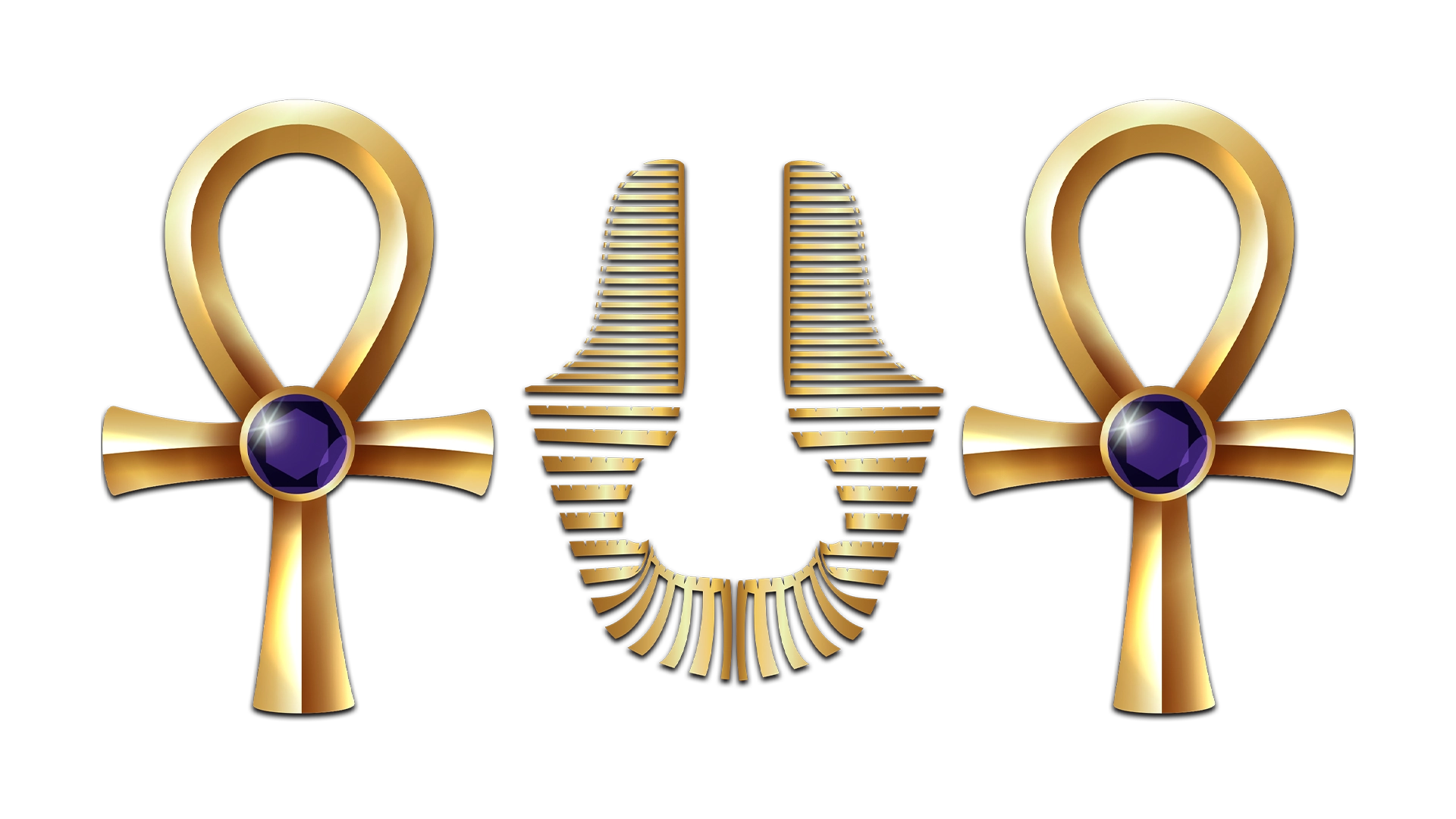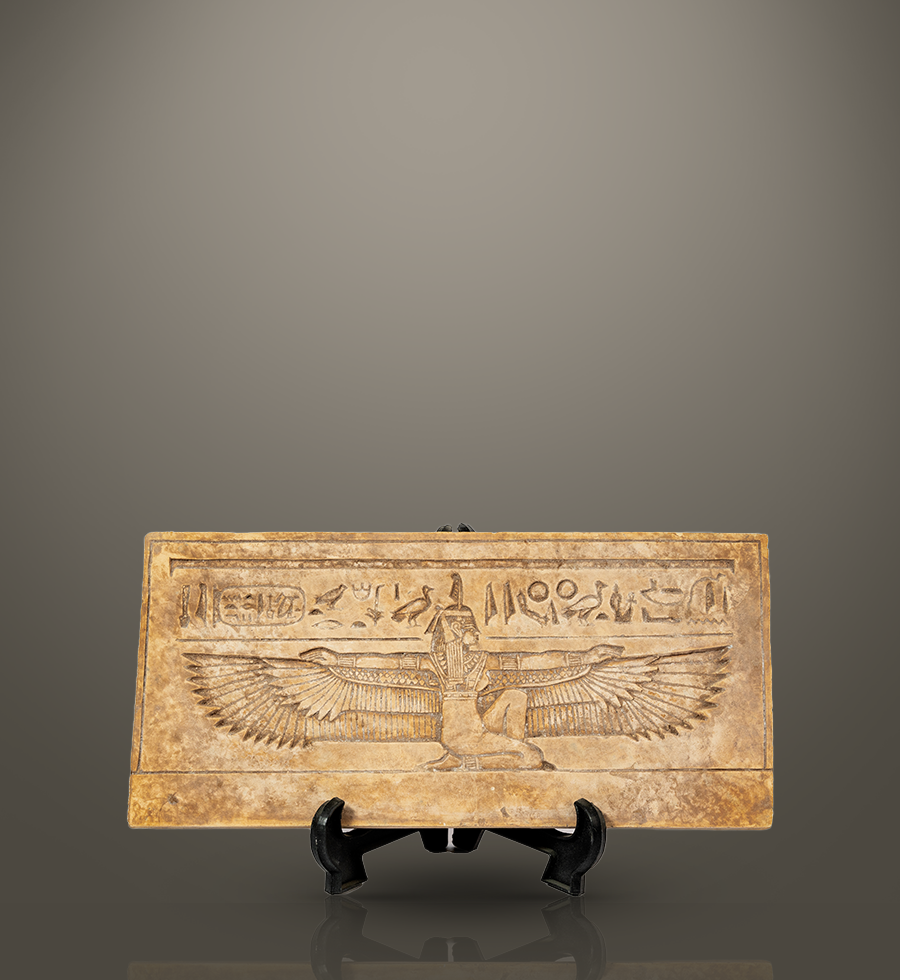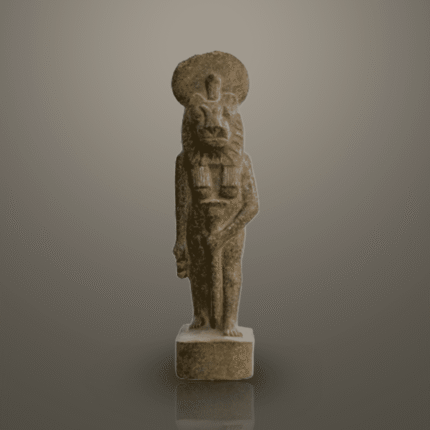Ma’at with the goddesses of justice
$3,000.00
The statue of Ma’at with the goddesses of justice, made of limestone, depicts Ma’at, the goddess of justice in ancient Egypt, embodying the concept of truth and order in Egyptian civilization
| Weight | 1 kg |
|---|---|
| Dimensions | 7 × 15 × 26 cm |
| Brand | Alabaster |
The statue of Ma’at with the goddesses of justice, crafted from limestone, beautifully represents the goddess Ma’at, who embodies justice, truth, and cosmic order in ancient Egypt. This sculpture illustrates Ma’at seated gracefully beside other goddesses, all of whom are associated with justice. This statue not only highlights the artistic skills of ancient Egyptian sculptors but also reflects the deep spiritual and moral values of the civilization.
The Role of Ma’at with the Goddesses of Justice in Ancient Egypt
In ancient Egyptian belief, Ma’at represented far more than just a goddess. She embodied the essential concept of order and balance. Egyptians believed that Ma’at maintained the harmony of the universe. She was responsible for ensuring the success of crops, the regular flow of seasons, and the overall stability of the world. Without her, chaos would take over. Ma’at was also central to the Egyptian legal system, symbolizing fairness and truth. Pharaohs ruled by her principles, making this statue a constant reminder of her importance in daily life and governance.
Ma’at with the Goddesses of Justice: Symbolism and Craftsmanship
The Ma’at statue is exquisitely detailed, showcasing the high level of craftsmanship in Egyptian art. Ma’at is easily recognizable by the feather on her head, symbolizing truth. The goddesses seated beside her represent different aspects of justice, fairness, and moral balance. Together, they present a powerful image of harmony and unity. The limestone material brings out the intricate features of the figures, from their finely detailed faces to the delicate lines of their clothing. These details serve as a testament to how justice was central to Egyptian society.
Spiritual and Ethical Significance
This statue is not just a work of art; it also captures the spiritual beliefs of ancient Egypt. The depiction of Ma’at alongside other goddesses of justice emphasizes the core Egyptian values of truth and fairness. Ancient Egyptians believed that after death, a person’s heart would be weighed against the feather of Ma’at. Only those with hearts as light as the feather could pass into the afterlife, a belief that strongly influenced how they lived their lives.
Explore More at TUT Egypt
The Ma’at with the goddesses of justice statue is just one example of the fascinating pieces in the TUT Egypt collection. You can explore similar artifacts like the Statue of Osiris to learn more about the role of justice in ancient Egyptian culture. For further reading on the principles of Ma’at, check out this detailed article on Ancient Egyptian Law and Order.













Reviews
There are no reviews yet.